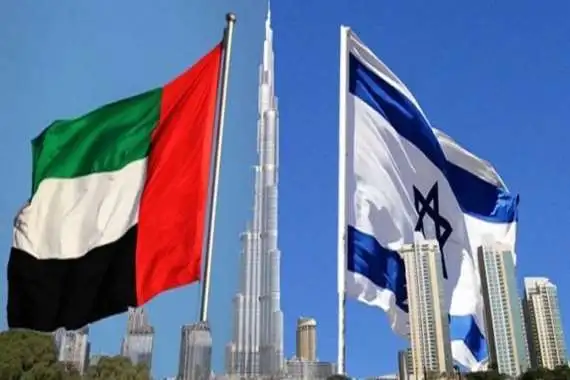Since the UAE-Israel normalization agreement, the Gulf region has witnessed a remarkable transformation in its tourism dynamics. Thousands of Israeli tourists in the UAE are now entering the country on tourist visas issued by airlines, travel agencies, and tourism platforms. This trend is expected to continue until a formal visa waiver agreement is signed between the two governments.
Hanukkah Marks the First Wave of Israeli Visitors
A defining moment in this new era occurred during Hanukkah celebrations, when over 5,000 Israeli nationals entered the UAE. Many visited under the guise of business or professional activity. UAE officials have described this as one of the largest waves of foreign tourism since the COVID-19 pandemic.
Dubai: The New Hotspot for Israeli Tourists
Dubai tourism has become a major attraction for Israeli travelers, especially in areas such as:
Burj Khalifa and Downtown Dubai
Global Village
Palm Jumeirah
🌟 Featured Hotels:
Atlantis The Palm, Dubai
A luxury 5-star resort spanning 46 hectares, featuring 17 hectares of entertainment space and two underwater suites.
🏨 During Hanukkah, 48 rooms were reserved by Israeli visitors.
📍 Location: Palm Crescent, Palm Jumeirah
Taj Dubai Hotel
📍 Burj Khalifa Street, Business Bay
📧 reservations.tthdxb@tajhotels.com
🌐 tajhotels.com
Kosher Restaurants in Dubai: A New Culinary Presence
As part of this expanding presence, kosher food in Dubai is becoming more common:
Ellis Kosher Restaurant, the UAE’s first kosher kitchen, located inside Burj Khalifa, with another branch at Hilton Habtoor City. Operated by Israeli culinary expert Eli Krill, the restaurant serves kosher dishes to a growing clientele.
Prominent Israeli Visitors Make Headlines
Figures such as Nissim Arush from Dimona and Rafi Revach were spotted shopping at Dubai Mall as early as December 9, 2020. On the same day, Israeli journalist Fathlia Mreih from Yedioth Ahronoth was seen taking photos with local Emirati citizens—highlighting a new level of public diplomacy.
While the UAE-Israel tourism boom may seem purely economic, many analysts argue it is part of a larger project of cultural normalization and soft influence. By establishing visibility in hospitality, food, and media sectors, Israeli entities are embedding themselves deeper into Gulf society.
“This is more than travel—it’s strategy.”
And this is not all we know. Much more remains untold…
